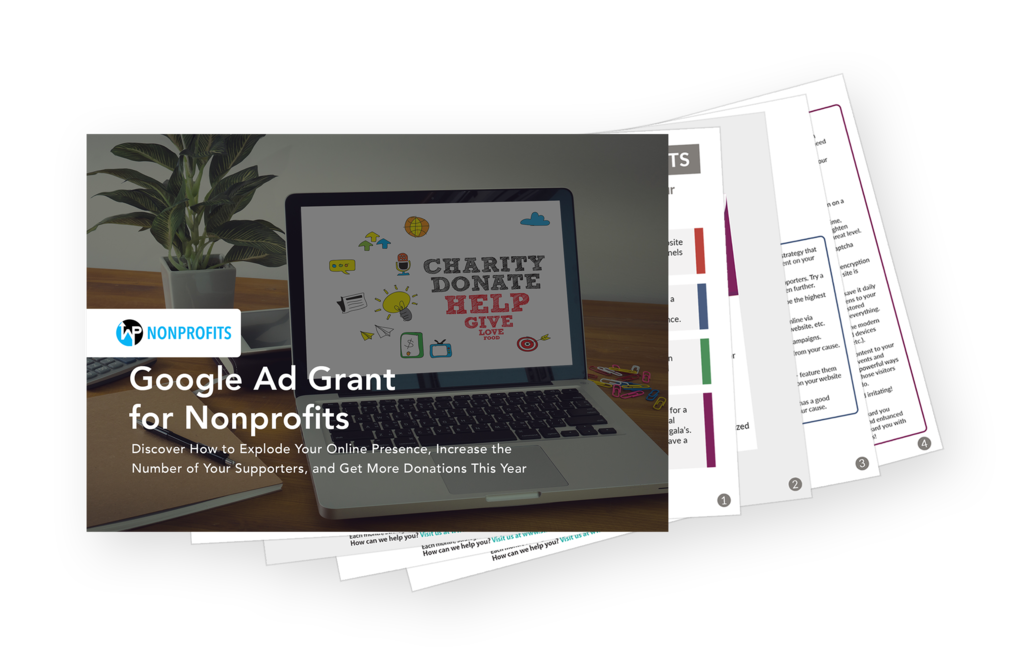

How Can Nonprofits Move from Exploitative Storytelling to Justice-Oriented Storytelling?
Storytelling is a natural part of the marketing model. This is particularly true when it comes to nonprofits, which tend to benefit even more than other products do from testimonials. While storytelling is often included as part of a nonprofit's bag of tricks, it is often done as a before and after thing. Before the benefit of this nonprofit entity A was in such a position, looked such a way, behaved such a way, etc. After an infusion of aid from the nonprofit, person A changed in this way. This type of storytelling is entirely legitimate and useful. What is not always considered is what happens to A in the process. Generally A, as an entity that has benefited from the nonprofit. As such she is quite willing to share her story. Therefore a person in charge of story collecting collects it, possibly translates it, and then puts it in a format to share with others. What is sometimes left out in the final version is that A was not a weak, unstable, unsatisfied, or unproductive entity, before an infusion of the nonprofit help. In fact, oftentimes A is quite the opposite. A is often strong, adaptable and creative, a survivor. When this factor is missing, when A is painted as deficient, lacking, all but dying on the vine until nonprofit aid arrived just in time as a white knight, it becomes an exploitive tale, not a tale of justice and aid. As nonprofits, it behooves us to do more than just help. We need to be wary of staunching the flow of another's power and voice. We are not there to subvert their story, or their telling of it. We can never stand in for another's voice. We should not try. It's too easy to categorize and by doing so marginalize and stereotype peoples. It's important to ensure that people tell their story, their way.
Key Takeaways:
- Non profits often come off as exploitative and there may be ways to fix this.
- Writing about justice and not sugar coating an issue is very useful to change this perception of non-profits.
- Authenticity of the storyteller's voice is essential to not sugar coating the truth to create a call to action.
“Nonprofits may find themselves writing about systemically non-dominant populations in ways that ?other them? because donors may desire to hear the tragic path someone has taken to get where they are today.”















Giving Tuesday is coming! Start preparing today. | Website Development and Maintenance for Nonprofit Organizations says:
2020 Global Giving Trends | Website Development and Maintenance for Nonprofit Organizations says:
How Do I Reach Different Audiences for my Nonprofit? | Website Development and Maintenance for Non Profit Organizations says: